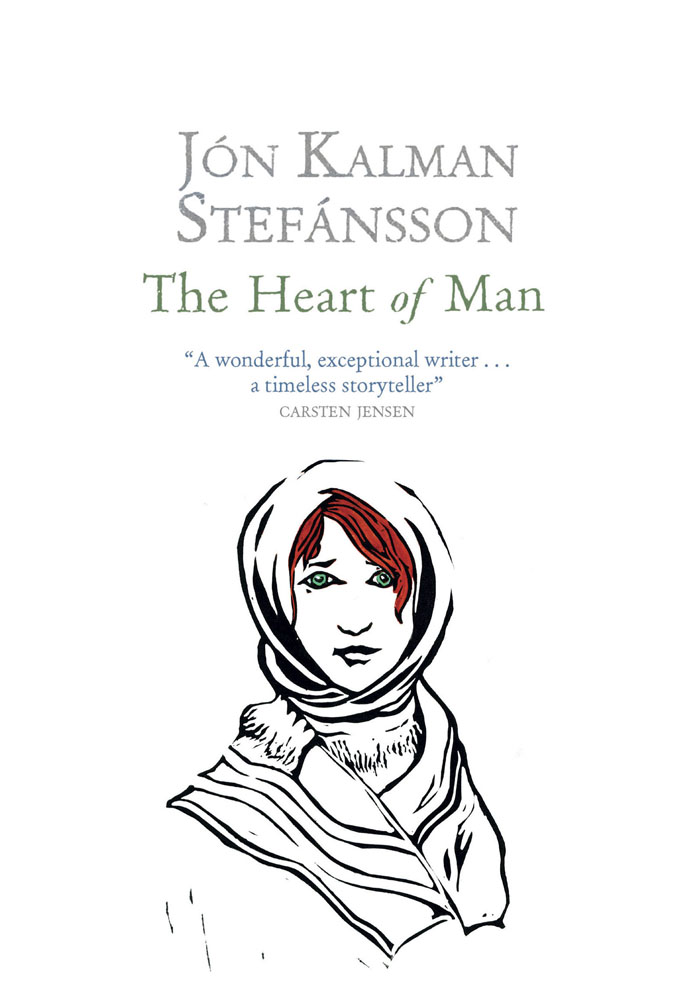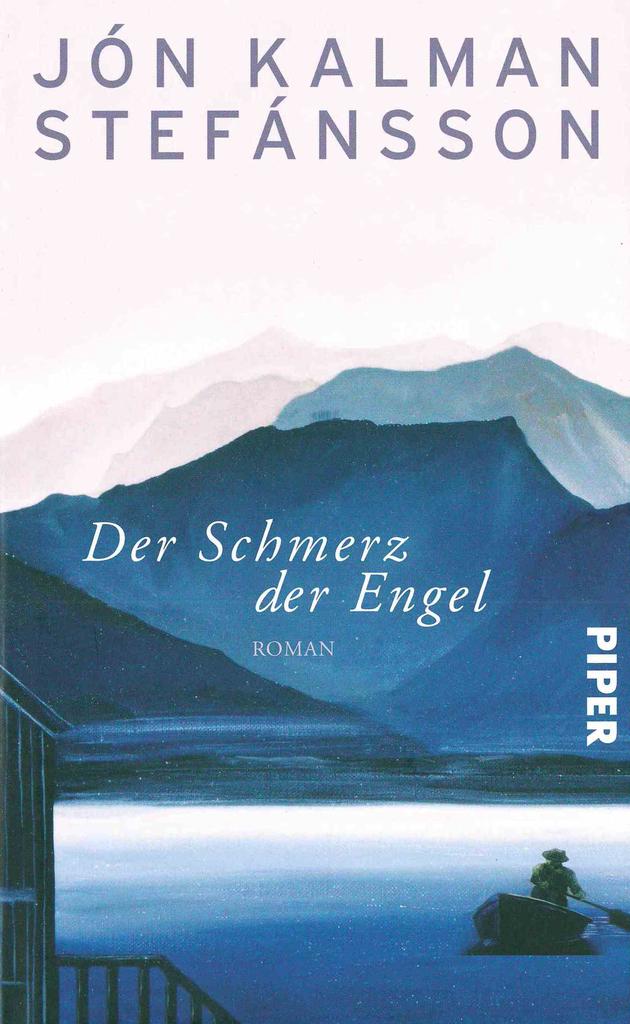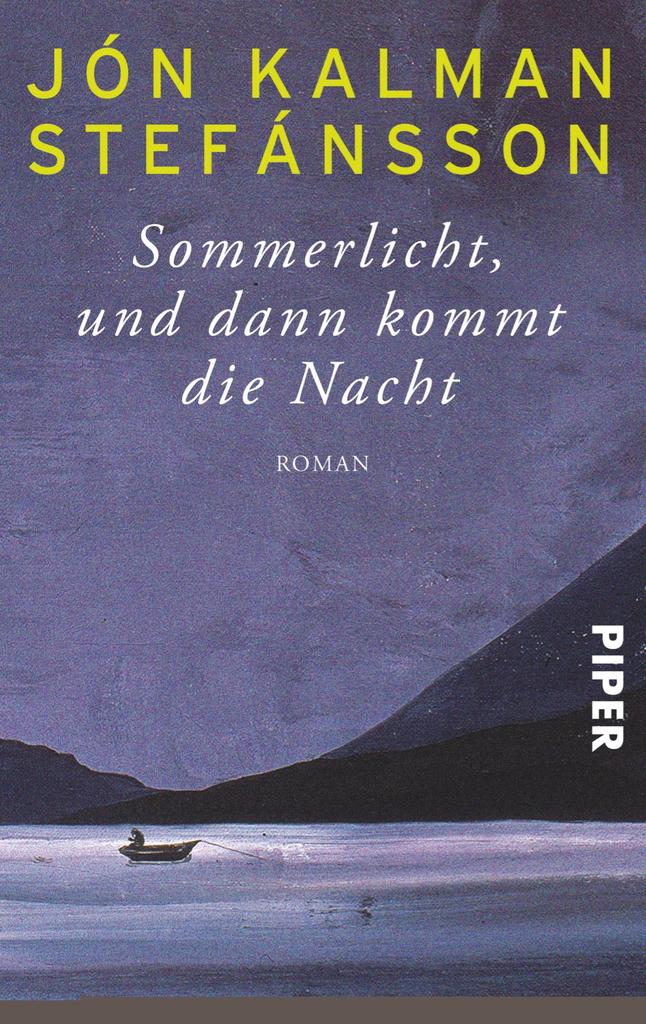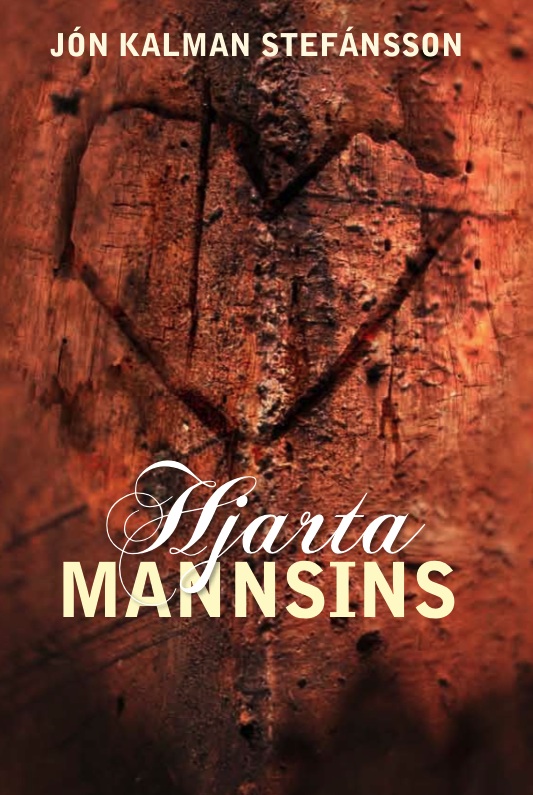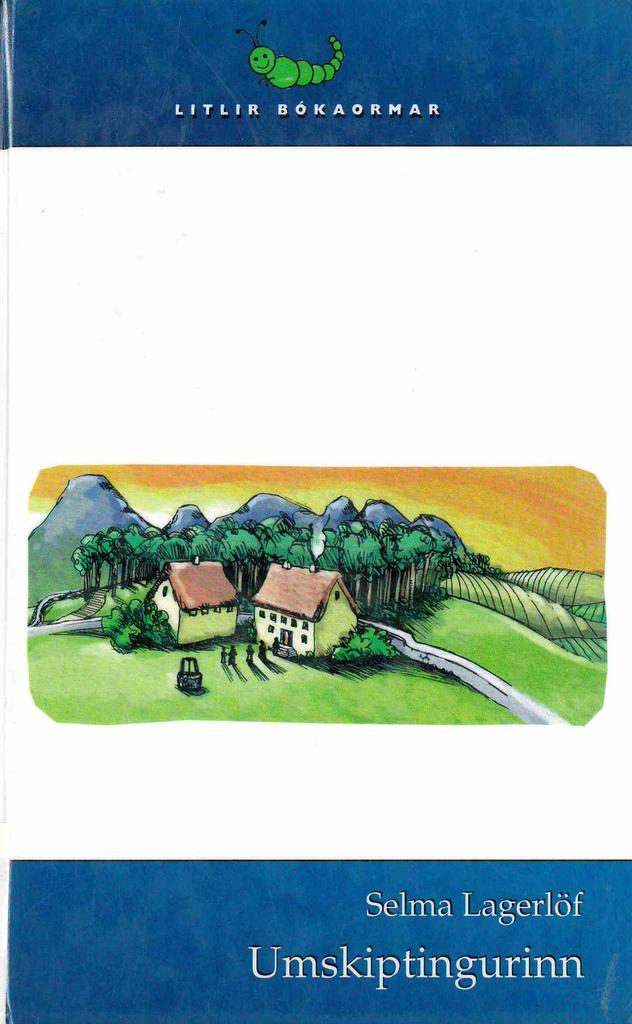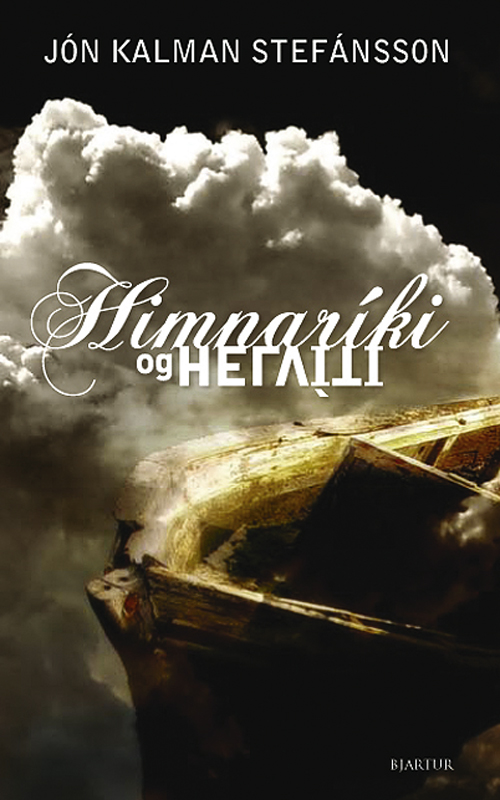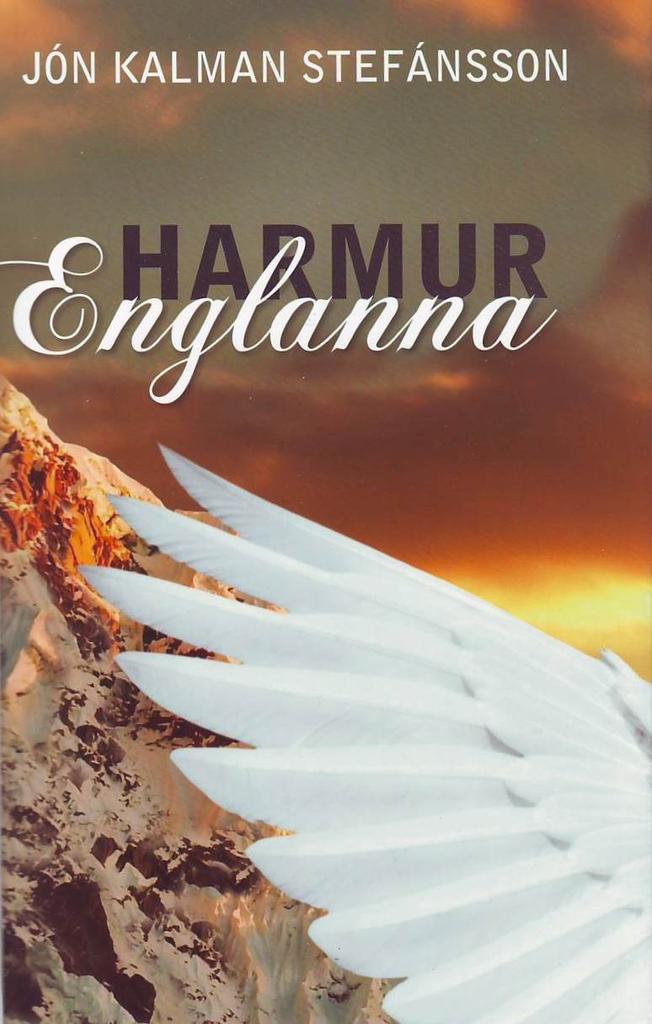The novel Hjarta mannsins, translated to English by Philip Roughton.
The third part of a trilogy, the first two being Heaven and Hell (Himnaríki og helvíti) and The Sorrow of Angels (Harmur englanna).
About the book:
After coming through the blizzard that almost cost them everything, Jens and the boy are far from home, in a fishing community at the edge of the world.
Taken in by the village doctor, the boy once again has the sense of being brought back from the grave. But this is a strange place, with otherworldly inhabitants, including flame-haired Álfhei?ur, who makes him wonder whether it is possible to love two women at once; he had believed his heart was lost to Ragnhei?ur, the daughter of the wealthy merchant in the village to which he must now inexorably return.
From the book:
Where do dreams end, where does reality begin? Dreams come from within, they trickle in from the world that we all have inside us, possibly distorted, but what isn’t distorted, what isn’t dented? I love you today, hate you tomorrow – he who never changes is lying to the world.
The boy lies for a long time with his eyes closed. Uncertain whether it’s day or night, whether he’s awake or asleep. He and Jens landed on something hard. First they lost Hjalti, the farmhand who came with them from Nes; the three of them dragged the coffin containing Ásta over mountains and heaths. Then the boy and Jens landed on something hard. How much time has passed? And where is he? He opens his eyes hesitantly; it isn’t always certain what awaits you after sleep, worlds change overnight, lives are extinguished, the space between the stars increase and the darkness deepens; the opens his eyes hesitantly, nervously, and is lying in a moonlit room, is lying in deathly white moonlight, and Hjalti’s face is uncomfortably pale as he sits on a chair and looks hard at the boy; Ásta is standing by the bed, emanating cold. You always escape, Hjalti says slowly. Yes, there are always people ready to pull him to his feet, says Jens, who is sitting up in a bed next to him, the moonlight having sewn a death-mask on him. But no-one can help you now, Ásta says. No, says Jens; nor is he worth it. What does he have to offer, anyway; what right does he have to live? Hjalti says. The boy opens his mouth to reply, say something, but feels a weight on his chest, so heavy that it’s hardly possible to speak, and then they begin fading slowly, they’re slowly erased, and the moonlight transforms into endless snow and the room into a cold heath that fills the world. The sky is a thick layer of ice covering everything.
